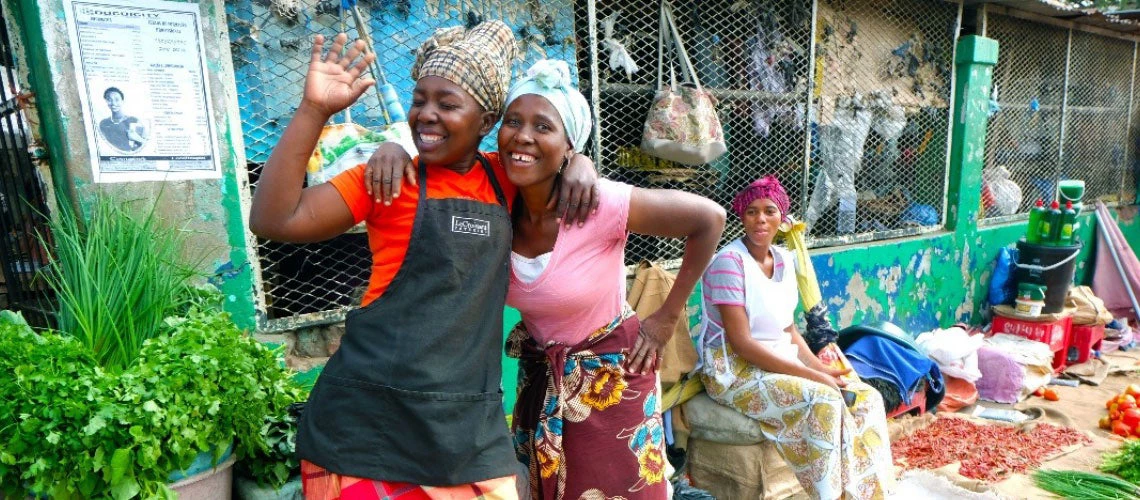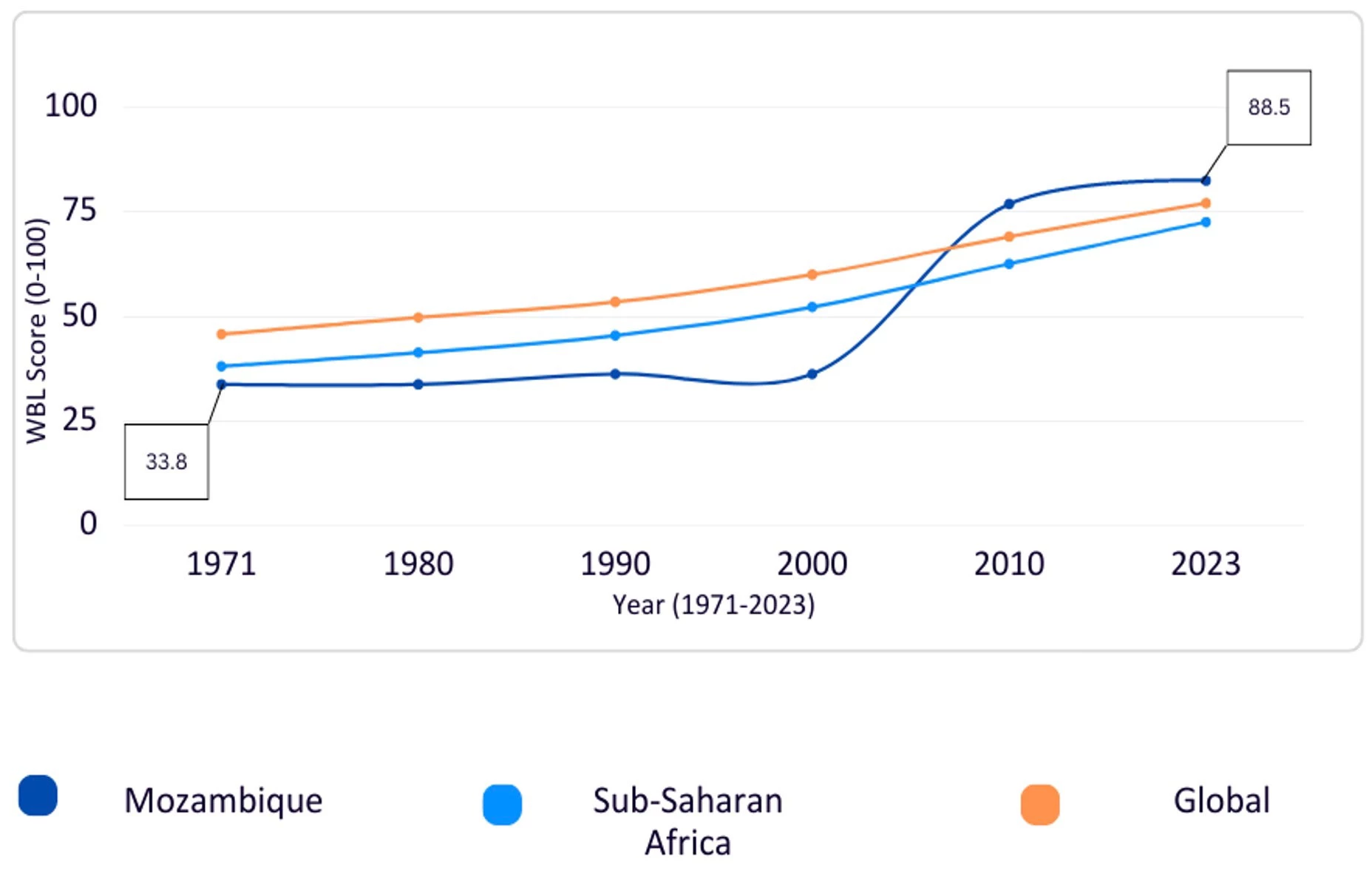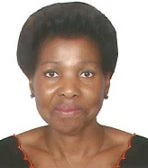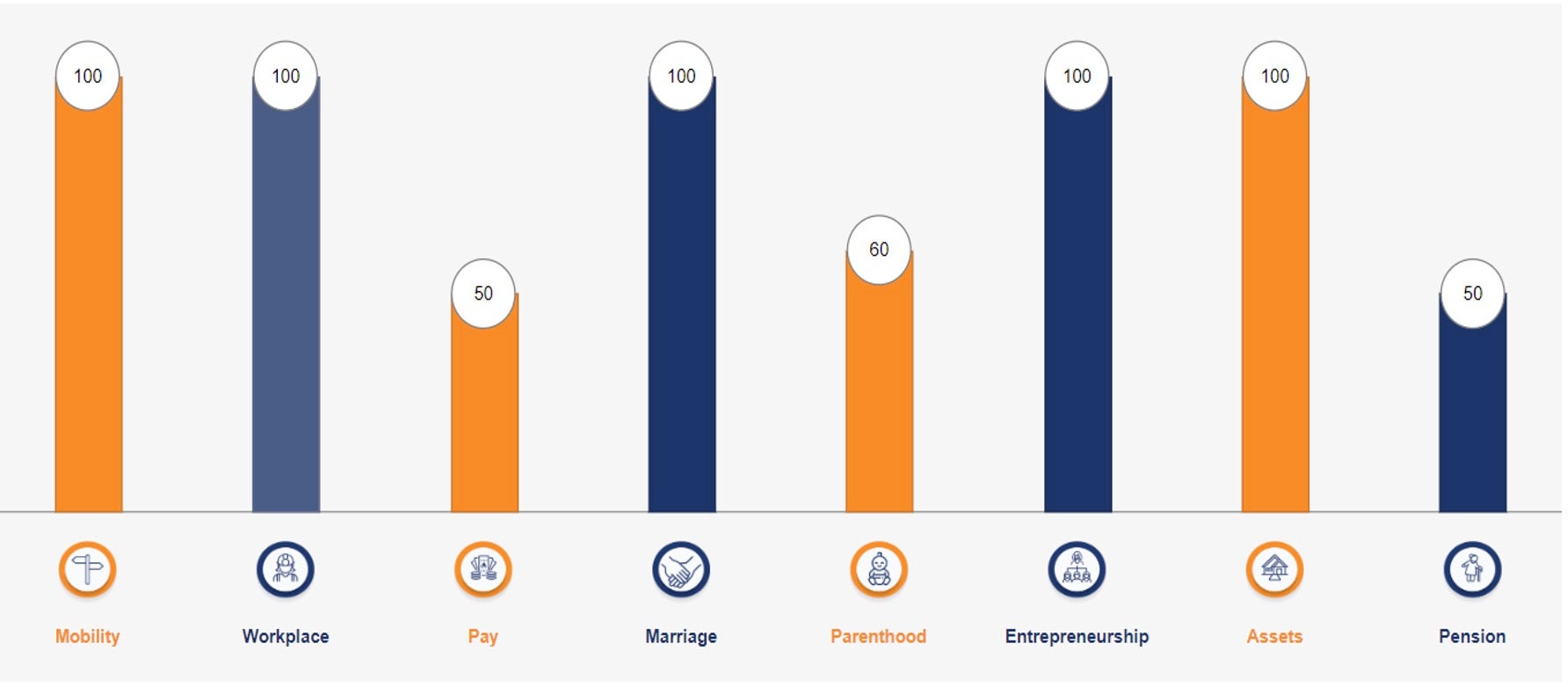 Photo: nooaonphoto/Shutterstock.com
Photo: nooaonphoto/Shutterstock.com
In November 2022, Mozambican women made their voices heard in the streets of Maputo, calling to end violence against women and increase respect for their rights. The march kicked off the international campaign “16 days of Activism against gender-based violence” and was organized by “Forum Mulher”, a women’s rights network in Mozambique focused on promoting women’s autonomy and solidarity, and advocating for women’s economic, social, reproductive, and political rights through coalitions at the local, regional, and national levels.
A month later our team at Women, Business and the Law (WBL) organized a workshop bringing together civil society and non-government organizations, private sector representatives, and legal practitioners in Mozambique. We had an ambitious goal: to help advance gender equality in Mozambique by mobilizing civil society.
Women, Business and the Law is a World Bank Group project collecting data on the laws and regulations enhancing gender equality in 190 economies. Based on this data, we compile an index in which Mozambique performs relatively well. The country has made impressive progress over the years, scoring 33.75 out of 100 in 1971 compared to 82.5 in 2023. Mozambique’s score is now higher than the 2023 average observed for its region (Sub-Saharan Africa - 72.6) and globally (77.1) (Figure 1).
Figure 1. Mozambique’s Women, Business and the Law score over time in comparison to Sub-Saharan African region and global scores
During the workshop, we discussed women’s economic empowerment, labor force participation, protection from violence at home and at work, and recognized the great improvements that Mozambique has made toward gender equality in recent years. For example, Mozambique promulgated the Code of Conduct for Credit and Financial Institutions in 2018, which prohibits discrimination in access to credit based on sex or gender.
Despite such progress, we wanted to hear from civil society on two burning questions:
- How does WBL data support civil society to advance women’s rights?
- What challenges remain for women to participate as equally as men in the economy of Mozambique?
We summarize below the extremely enlightening insights shared by the participants:
Women, Business and the Law data and findings help civil society to monitor gender equality legislation.
Saquina Mucavele, Executive Director of the Association of Woman, Gender, and Development (MuGeDe)
Saquina Mucavele, who leads a grassroots CSO in the country, revealed that the WBL data and findings are powerful tools that help inform members of civil society and allow them to monitor the law since they are not always aware of the laws that have been promulgated. Our report helps them to map out the laws recognizing women’s rights and then call for the respect of women’s rights. It also enables them to monitor whether the laws are being properly implemented.
Women, Business, and the Law plays a crucial role in advancing the gender equality agenda.
The report helps civil society to identify persistent gaps in women’s rights. Mozambique’s score of less than 100 on the Women, Business and the Law Index indicates that there is still room for improvement, for instance, in the areas of Pay, Parenthood, and Pension (Figure 2). Participants emphasized that the WBL index is key for them to identify critical areas for them to advocate for legal reforms.
While Mozambique has comprehensive legislation to protect women at home and at work, the issue of violence is still a looming threat. Participants stressed the importance of WBL’s work as a knowledge and analytical product that raises awareness and builds capacity of civil society and governments to work toward ending violence against women.
Figure 2. Mozambique's Women, Business and the Law 2023 indicator scores
Civil society organizations have firsthand insight on the challenges to achieving gender equality.
International organizations must work hand-in-hand with civil society to push the agenda for gender equality. Civil society organizations understand how gender discrimination operates in Mozambique's context. Participants reported that there is a lack of awareness about women’s rights due to reduced visibility of gender issues. For example, women in rural areas face great difficulties in accessing land because they - and their families - are not aware of their land rights. Lack of financial and human resources hamper CSOs ability to raise awareness through information campaigns or government engagement. By working together, international organizations and civil society can benefit from their complementary knowledge and resources, and reach a greater number of people, from governments to families.
Visit the Women, Business and the Law website to access country and region-specific data, to understand the importance of gender equality for economic development, and to read our recently published case study series on successful reforms for gender equality in Sub-Saharan Africa.
The Women, Business and the Law team is grateful to the William and Flora Hewlett Foundation for its generous support for a series of civil society and private sector engagement workshops across Sub-Saharan Africa.






Join the Conversation